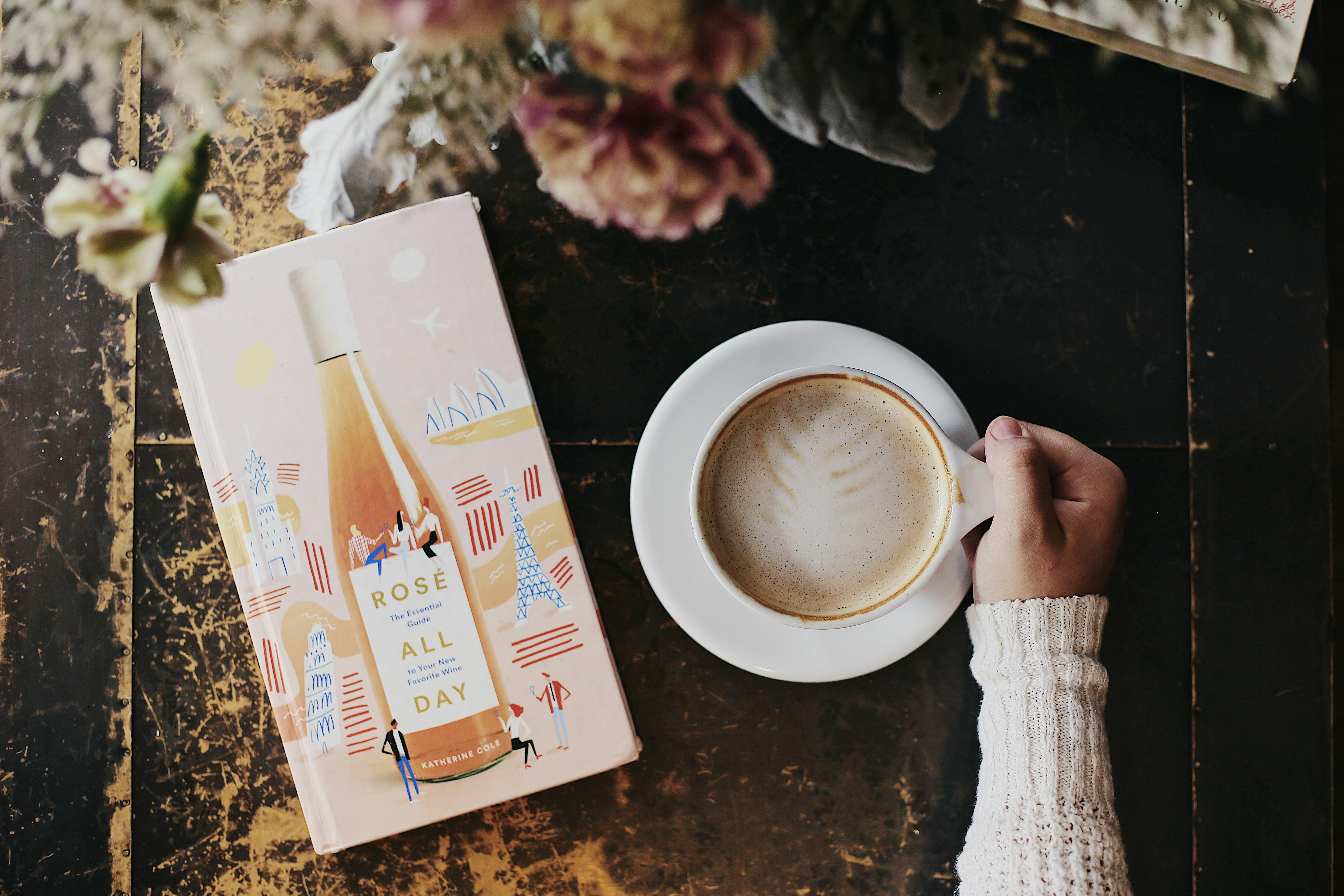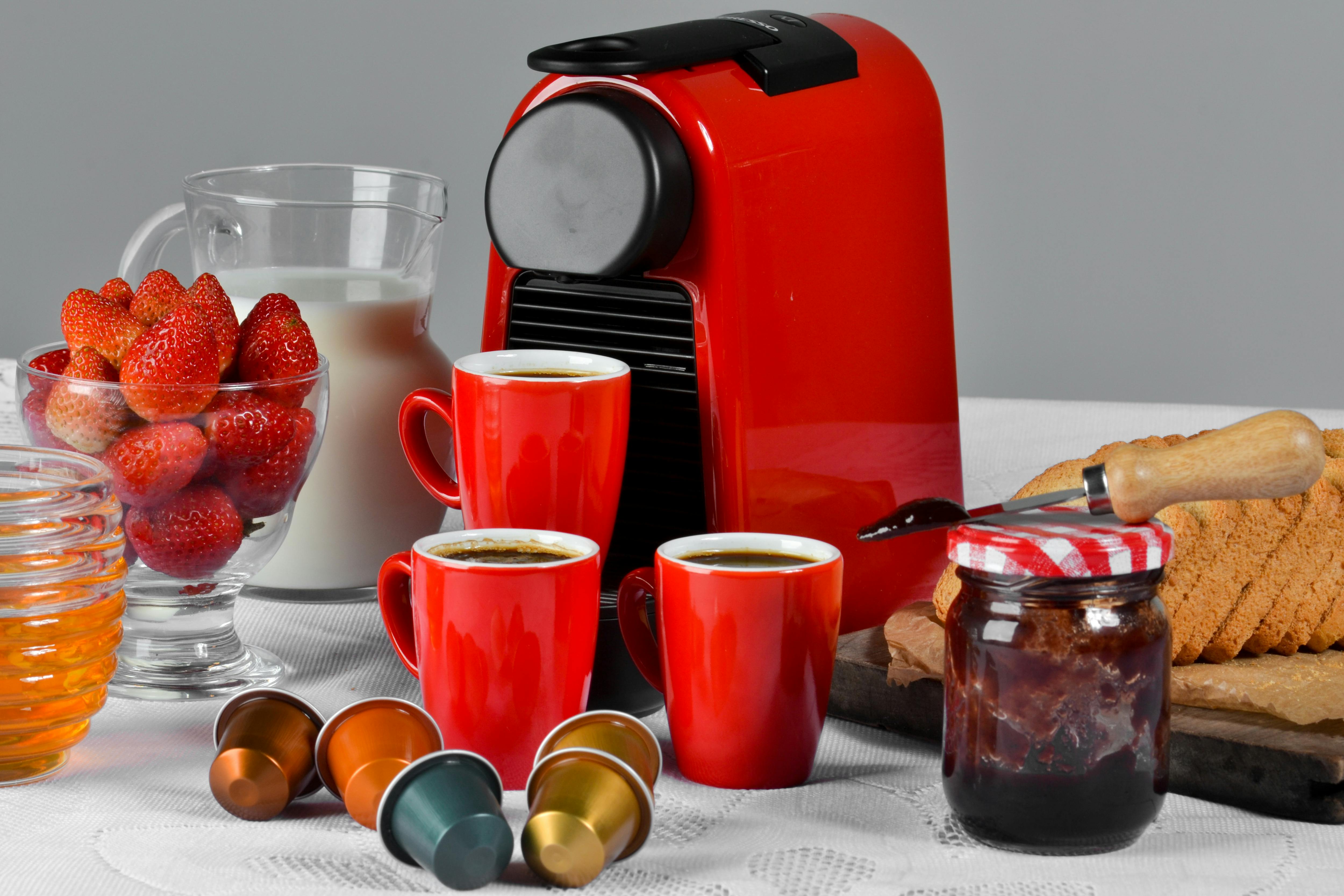Boba Milk Tea has become an increasingly popular beverage in recent years. The question on many people’s minds is whether or not it contains caffeine. In this article, we will discuss the caffeine content of Boba Milk Tea and explore its potential health effects.Boba Milk Tea is a popular drink originating from Taiwan, made with a tea base mixed with milk, and tapioca pearls added for sweetness and texture. The drink is also known as bubble tea, pearl tea, or boba.
Boba Milk Tea
Boba milk tea, also known as bubble tea, is a refreshing and popular Taiwanese beverage made with brewed tea, milk, sugar, and chewy tapioca pearls. It is served either hot or cold depending on the weather. Boba milk tea originated in Taiwan in the 1980s and has since become a popular drink around the world. The unique combination of flavors and textures makes it a favorite among both children and adults alike.
Ingredients
The main ingredients of boba milk tea are brewed tea, milk, sugar, tapioca pearls, and ice. The type of tea used can vary from green to black or oolong tea. Milk is usually added to give the drink its signature creamy flavor. Sugar is added to sweeten the drink to taste. The tapioca pearls are made from cassava starch which gives them their chewy texture when cooked. Finally, ice is added to chill the drink before serving.
Serving
Boba milk tea is typically served with a wide straw so that you can sip up the chewy tapioca pearls along with the beverage. Some people like to add additional toppings such as fruit jelly or pudding for extra flavor and texture. For an extra special treat, you can also add boba jam or coconut flakes to your boba milk tea!
Does Boba Milk Tea Contain Caffeine?
Boba milk tea is a popular beverage that has become increasingly popular around the world. The drink is made by combining black tea, milk, and tapioca pearls. Many people enjoy its unique flavor and texture. But does boba milk tea contain caffeine?
The answer is yes, boba milk tea does contain caffeine. The amount of caffeine in boba milk tea can vary depending on the type of tea used and how it was prepared. For example, if you use black tea to make the drink, it will contain more caffeine than if you use green tea or white tea. Furthermore, if you steep the tea for a longer period of time, it will release more caffeine into the drink.
The amount of caffeine in boba milk tea can also vary depending on the size of the drink. A larger cup of boba milk tea will have more caffeine than a smaller cup. Generally speaking, a 16-ounce cup of boba milk tea can contain anywhere from 30 to 90 milligrams of caffeine.
In comparison to other caffeinated beverages, boba milk tea contains less caffeine than coffee or energy drinks but more than herbal teas or decaffeinated teas. It is important to note that everyone’s sensitivity to caffeine varies so it is best to consume this beverage in moderation.
Is There Caffeine in Other Types of Bubble Tea?
Bubble tea, also known as boba tea, is a popular drink made with tea, milk, and tapioca balls. It originated in Taiwan but can now be found in many countries around the world. While most bubble tea recipes contain caffeine from the tea leaves, there are some variations that don’t contain any caffeine at all.
For example, herbal teas such as chamomile or rooibos are naturally caffeine-free and can be used to make bubble tea. These types of bubble teas are perfect for those who are sensitive to caffeine or just want a delicious treat without the buzz. For those looking for a more traditional bubble tea experience, green and black teas are both great choices that will provide the caffeinated kick you’re looking for.
Some bubble tea shops also offer teas made with coffee or espresso. These drinks provide an extra boost of energy but may not be suitable for those who are sensitive to caffeine. If you’re unsure about how much caffeine is in your bubble tea, it’s best to ask your server or check the label before ordering.
No matter what type of bubble tea you choose, it’s sure to be delicious and full of flavor! So whether you prefer a naturally caffeinated variety or a caffeine-free option, there’s a perfect bubble tea out there for everyone to enjoy!
How Much Caffeine is in Boba Milk Tea?
Boba milk tea is a popular drink that originated in Taiwan. It is made with brewed black tea, milk, and small tapioca pearls (or “boba”). The caffeine content of boba milk tea can vary depending on the type of tea used and the amount of tea used. Generally speaking, a 16-ounce cup of boba milk tea contains between 40 and 80 milligrams of caffeine.
The amount of caffeine in boba milk tea is generally lower than a cup of coffee, which typically contains between 95 and 200 milligrams of caffeine. However, some specialty drinks may contain more caffeine than a cup of coffee. For example, some bubble teas are made with espresso or coffee instead of regular black tea, which can increase the caffeine content significantly.
It should also be noted that many boba milk teas are made with flavored syrups and sweeteners which can add calories and sugar to the drink without increasing the caffeine content. In addition to this, many bubble teas contain added sugar or artificial sweeteners which can also contribute to an overall increase in calories without adding any additional caffeine content.
In conclusion, the amount of caffeine in boba milk tea can vary greatly depending on the type of tea used and how much is used. Generally speaking, a 16-ounce cup will contain between 40-80 milligrams of caffeine but this can vary significantly depending on other ingredients added to the drink such as flavored syrups or espresso shots.

Is Caffeine Content the Same for Different Boba Milk Teas?
Boba milk teas have become increasingly popular in recent years as a refreshing beverage option. Many people enjoy the sweet, creamy flavor and unique texture of boba milk teas. But one of the main questions that people have about boba milk teas is whether or not the caffeine content is the same across different types.
The answer to this question is that it depends on the type of boba milk tea you are drinking. Some types of boba milk teas are made with all-natural ingredients and contain no added caffeine, while others may be made with espresso or other caffeinated ingredients. If you want to know exactly how much caffeine is in a particular type of boba milk tea, it’s best to check the label or ask at the cafe where you’re ordering from.
It’s also important to note that even if two different types of boba milk tea have similar ingredients, they could still have different amounts of caffeine depending on how they are prepared. For example, some cafes may use more espresso shots or add extra sugar to make their drinks sweeter. These differences can affect the overall caffeine content of a drink.
The bottom line is that there’s no definitive answer as to whether or not all boba milk teas have the same amount of caffeine. It really depends on what type and how it is prepared. However, if you’re looking for a low-caffeine drink, then it’s best to opt for one made with all-natural ingredients and no added espresso shots or sugar.
Avoiding Boba Milk Tea If Sensitive to Caffeine
Boba milk tea is a popular drink that has gained popularity over the years due to its unique flavor and texture. However, it is important for those who are sensitive to caffeine to be aware of the potential risks associated with drinking this beverage. Caffeine is a stimulant and can have adverse effects on those with certain medical conditions or allergies. Therefore, it is recommended that people who are sensitive to caffeine should avoid drinking boba milk tea.
The main ingredient in boba milk tea is black tea, which is known for containing high levels of caffeine. Other ingredients such as tapioca pearls, sugar, and milk can also contribute to the overall caffeine content of the drink. Depending on the type of tea used and other ingredients added, the amount of caffeine in boba milk tea can range from moderate to high. Those who are sensitive to caffeine should be aware of these levels when deciding whether or not to consume this beverage.
Consuming too much caffeine can have a variety of negative side effects including restlessness, headaches, nausea, increased heart rate, and elevated blood pressure. For those who are particularly sensitive to stimulants such as caffeine it is best to avoid drinking boba milk tea altogether or limit consumption only on rare occasions. Additionally, individuals should discuss any health concerns they may have with their physician before consuming any type of caffeinated beverages.
In conclusion, those who are sensitive to caffeine should avoid drinking boba milk tea as it can contain high levels of this stimulant. It is important for individuals with certain medical conditions or allergies to be aware of the potential risks associated with consuming this beverage and discuss any concerns they may have with their healthcare provider before drinking boba milk tea or any other caffeinated drinks.
Are there Health Benefits to Drinking Boba Milk Tea with Caffeine?
Boba milk tea has become a popular drink all over the world. It is a sweetened tea, usually made with black or green tea, mixed with milk or cream and topped with chewy tapioca pearls. While the main ingredient in boba milk tea is caffeine, there are still some potential health benefits associated with drinking it in moderation.
Caffeine is known to increase alertness and improve concentration. Studies have also found that it can improve mood, decrease fatigue and help to reduce headaches. Additionally, caffeine may help to improve physical performance by increasing energy levels and reducing muscle fatigue.
Some research suggests that drinking boba milk tea may also provide some other health benefits. For example, black tea contains polyphenols which are antioxidants that can help protect against oxidative damage caused by free radicals in the body. Green tea also contains catechins which are believed to have anti-inflammatory properties that can help reduce inflammation in the body. In addition, boba milk tea contains calcium which is important for bone health and can help prevent osteoporosis.
However, it’s important to note that while there may be some potential health benefits associated with drinking boba milk tea in moderation, it should not be consumed as a substitute for regular meals or snacks. Additionally, too much caffeine can lead to jitters, anxiety and other unpleasant side effects so it’s best to limit your intake of boba milk tea to one cup per day.

Conclusion
Boba milk tea does contain caffeine, depending on the type of tea used. Black teas tend to have higher levels of caffeine than other types of tea, so a boba milk tea made with black tea will have more caffeine than one made with a green or white tea. For people who are sensitive to caffeine or are trying to limit their intake, asking the shop about the type of teas used in their drinks is a good way to determine how much caffeine is present in each drink.
In conclusion, boba milk tea does contain caffeine but the amount varies depending on the type of tea used in its preparation. Knowing this information can help consumers choose drinks that best fit their dietary restrictions and lifestyle.
